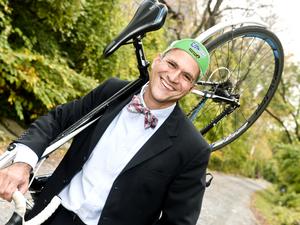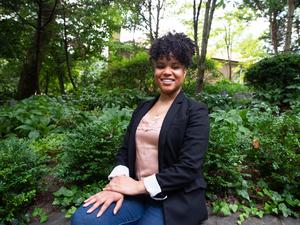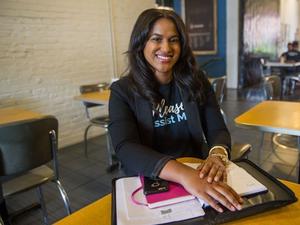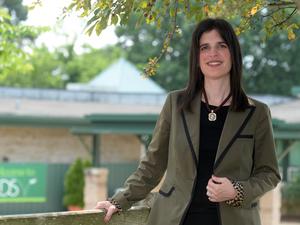Even in the coronavirus era, Greater Washington companies have proven investors are still willing to lay out big money — and these local players are now putting that funding to work.
Since March, when the Covid-19 pandemic began, we’ve seen raises of all sizes from companies across all industries and stages. And after tracking those rounds over the past seven months, we’ve rounded them up here.
It also highlights glaring gaps in the venture capital world, in which less than 10% of funding goes to women, less than 1% of funding goes to Black entrepreneurs, 0.4% to Latina founders and 0.2% to female Black founders. Among the region’s 135 biggest VC deals from 2013 to 2019, only four involved Black founders — two for the same person — and four included women founders, three in 2017 alone. We dug into the issue, and the charge for change, in a recent cover story.
Here are the companies that have nabbed significant funding — more than $10 million — during the global health crisis. It’s by no means an exhaustive list, and they appear in no particular order.
McLean kidney care startup Somatus Inc. raised $64 million in Series C financing in June. Longitude Capital led the round alongside Optum Ventures and Deerfield Management Company. Existing investors Town Hall Ventures, Blue Venture Fund and Flare Capital also participated. The raise brought the 4-year-old company’s total funding to more than $105 million, following an $11 million raise in 2018 and a $5 million raise in 2017. Somatus, which now serves more than 20,000 kidney disease patients across six states, said at the time it planned to use the capital to scale its model across the U.S. and invest in its technology.
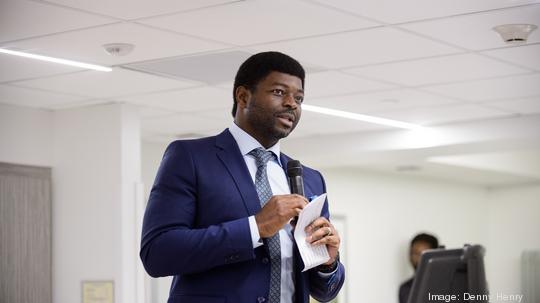
Herndon cybersecurity startup Expel Inc. landed $50 million in May, in a Series D round led by Alphabet Inc. growth fund CapitalG. Existing investors Battery Ventures, Greycroft, Index Ventures, Paladin Capital Group and Scale Venture Partners also participated in the raise. The raise followed $40 million it raked in during June 2019 and a $20 million round in April 2018. With the new capital, the Northern Virginia firm planned to expand sales and marketing operations, pursue potential growth opportunities beyond the U.S. and bolster its cloud security offerings.
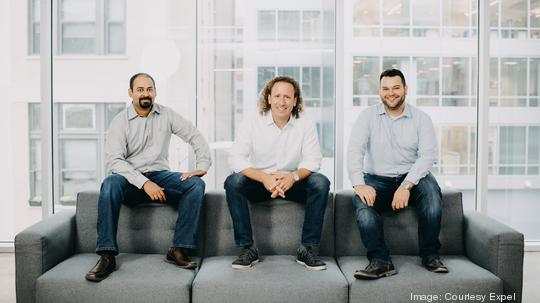
Arlington startup Airside Mobile raised nearly $13.6 million in new funding in July, while expanding its offerings beyond its mobile passport platform. The company last raised about $2 million in debt in October 2019, and raised about $7.7 million in 2017. Before the latest funding round, the startup had raised about $12.7 million in total. Airside Mobile has for years offered a “Mobile Passport” app that helps cut down wait times at airports and other ports of entry. But even before the global pandemic grounded air travel for weeks, it began branching out into a broader category of identity verification and management — areas that seem to be expanding of late.
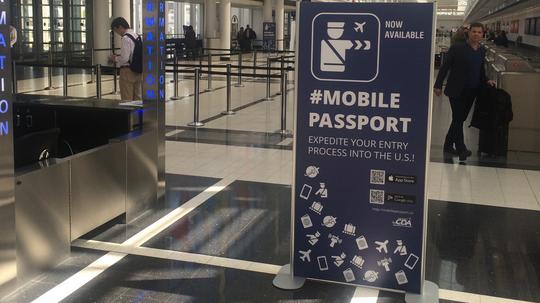
Arlington risk management platform Interos Inc. raised $17.5 million in mid-March — on the eve of the pandemic — while looking to expand its workforce and boost sales. It included the additions of legendary investor Kleiner Perkins and veteran venture capital firm Venrock as first-time investors. It all followed a productive 2019, during which the company tripled its headcount and increased annual recurring revenue by 700%.
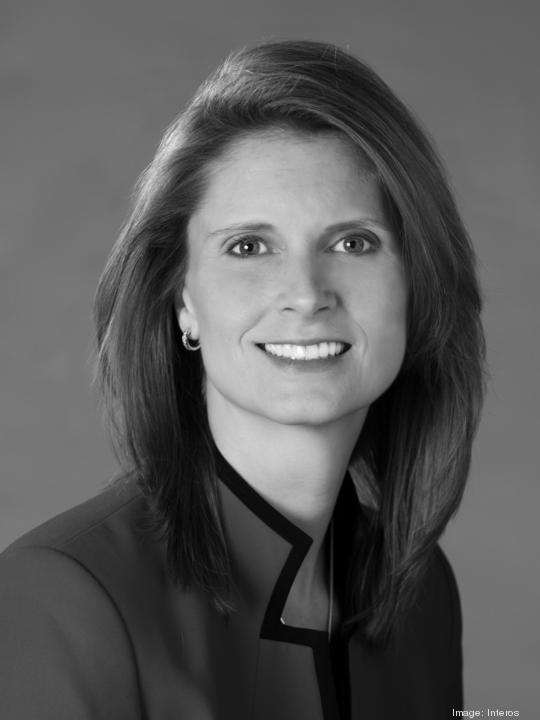
Immunomic Therapeutics Inc. raised $61.3 million in April, beating its $50 million target. Korean investment group HLB led the round, after previously investing $10 million in February. The raise brings HLB’s holdings in ITI to 47.6% of common stock, with the option to invest more in the coming months. The Rockville vaccine company planned to use the capital to advance its therapy for glioblastoma, an aggressive brain cancer, and expand its team. And, in the not too distant future, ITI is planning its initial public offering, founder and CEO Bill Hearl told us in the spring. “I hope that the markets are receptive for the first quarter of next year.”
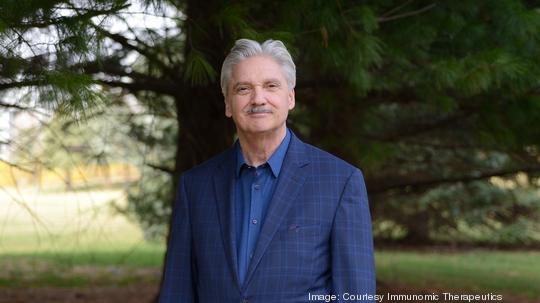
Hungry Harvest, the Baltimore produce delivery company that grew out of the University of Maryland, closed its Series A round with a total $13.7 million in September, after nabbing more than $7 million of it earlier this year. The oversubscribed round was led by Creadev, a firm based in Paris that invests in food, health care and sustainability ventures. It also included participation from New York's Danone Manifesto Ventures, Switzerland-based Quadia and Ohio's Maywic Select Investments. Evan Lutz, CEO of Hungry Harvest, said at the time the new funding would help scale up and expand the business, expand its efforts to provide relief to food-insecure communities and make its business model more sustainable. The additional funding came amid increased demand for Hungry Harvest, which delivers boxes of produce items that are considered less desirable, and may be thrown out, due to cosmetic or surplus concerns.
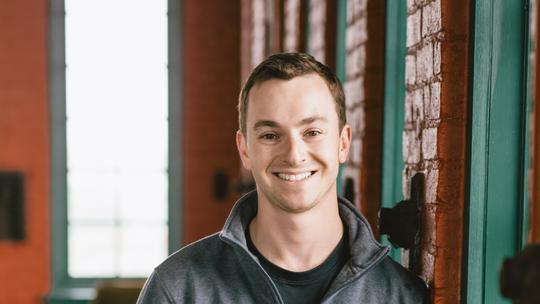
Bethesda’s Aledade Inc., which helps physician practices cut costs and build accountable care organizations, raked in a whopping $64 million in Series C financing in April. That came after the company kicked off 2019 with $56 million in then-new investments. Toronto-based OMERS Growth Equity led the round, which also included participation from existing investors Echo Health Ventures of Seattle, the California Medical Association, Palo Alto, California-based Meritech Capital and GV of Mountain View, California. Prior to this round, Aledade had raised $136 million. The new funding positioned the fast-growing health tech startup to continue expanding its national network of doctor-led ACOs and add value-based contracts with Medicare, Medicaid and commercial health plans.
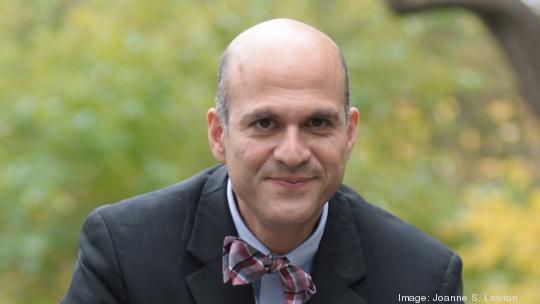
College Park’s IonQ closed an $84 million round in June, including the $55 million in Series C venture funding it raised in the fall. The company is using that fresh capital to both hire and continue expanding its technology, as it works toward rolling out the world’s most powerful quantum computers. Those products would solve problems beyond the capacity of conventional devices, with major applications in fields such as medicine and chemistry. The business was founded in 2015 by Christopher Monroe, a University of Maryland physics professor, and Jungsang Kim, an electrical engineering and physics professor at Duke University. It’s now led by Peter Chapman as president and CEO.
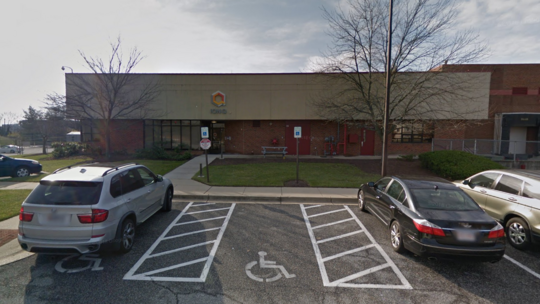
D.C. smart grid startup SparkMeter raised $12 million in a Series A financing round in August. Boston’s Clean Energy Ventures and Breakthrough Energy Ventures, Bill Gates’ $1 billion fund, led the raise, which also included Amsterdam-based Goodwell Investments; Lagos, Nigeria-based Alitheia Capital; and Paris-based Total Energy Ventures. Prior to the latest funding, the company’s existing investor roster entailed Lateral Capital, the Schmidt Family Foundation, Incite Capital, Powerhouse Fund, Shell Foundation, Factor[e] and The E8 Fund. The new capital was earmarked to help the company launch a new service that aims to improve operations for electric utilities. The 7-year-old company focuses on emerging markets in Africa, Asia and South America — where it says a collective 2.1 billion people lack reliable access to electricity.
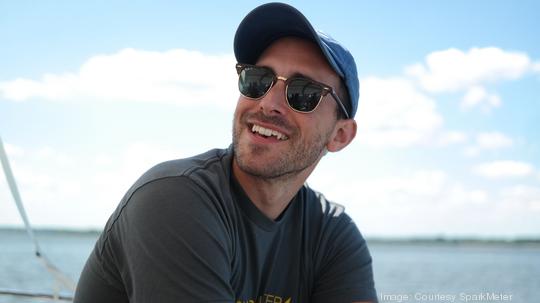
Aquicore Inc. raised $14 million in new funding in July, nearly doubling its total intake and capping a year of growth for the D.C. firm. The latest round was led by New York investment firm Keyframe Capital Partners, and accompanied by British real estate data firm A/O Proptech and Silicon Valley venture firm The Westly Group. Aquicore said it planned to use the new funding to build on its software platform and push into the European market. Its software platform helps building owners monitor energy usage, and is being used on more than 1,000 commercial buildings nationwide.
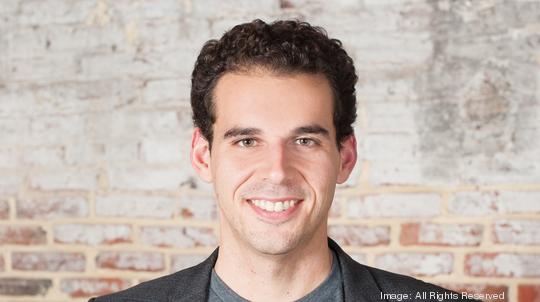
D.C. workers compensation startup Pie Insurance raised $127 million in May to grow its special brand of online insurance policies for small businesses. It included $27 million for the business itself and another $100 million to form Pie Carrier Holdings, a new affiliated company set up to create and buy licensed insurance companies that Pie would then use to issue a portion of its own policies. That company will be majority-owned by one of the round’s investors, Gallatin Point Capital; the round also involved GreyCroft, SVB Capital, Aspect Ventures, Elefund and Sirius International Insurance Group Ltd. And the new funding came on top of $60.33 million raised since its 2017 debut including an $11 million Series A round in 2018.
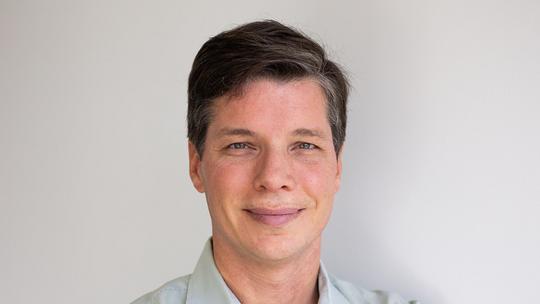
Gaithersburg on-demand manufacturing marketplace Xometry Inc. secured $75 million in September. The round was led by T. Rowe Price Associates and included Durable Capital Partners LP and ArrowMark Partners, along with previous investors BMW i Ventures, Greenspring Associates, Dell Technologies Capital, Robert Bosch Venture Capital, Foundry Group, Highland Capital Partners and Almaz Capital. It followed a $55 million raise in 2019 and brought Xometry’s total funding to about $193 million since its founding in 2013. Xometry's on-demand manufacturing marketplace uses artificial intelligence to match engineers and product designers with a network of more than 5,000 manufacturing providers.
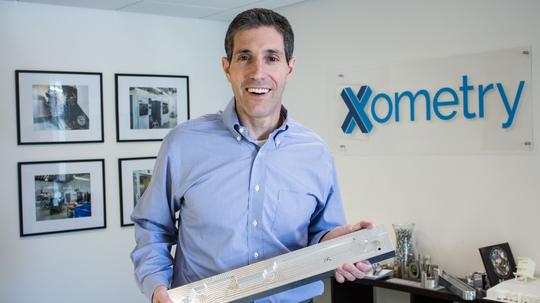
College Park’s Inky raised $20 million in June. Insight Partners led the Series B funding round, also with participation from existing investors Gula Tech Ventures and ClearSky. The email security company provides phishing protection solutions to defend against data breaches.
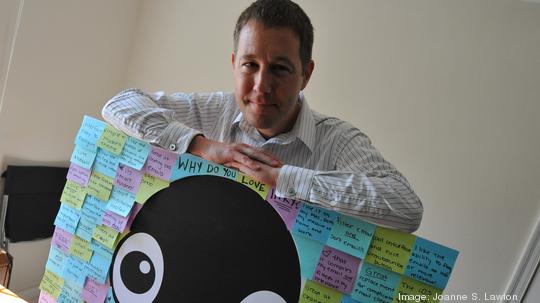
Entrepreneur Michael Chasen, co-founder of education technology company Blackboard Inc., raised $16 million in September for ClassEDU, his new online learning company built on top of the Zoom platform. That funding came from GSV Ventures, local venture firm SWaN & Legend and Emergence, a big investor in Zoom. The product aims to allow teachers to administer live tests, talk one-on-one to students, take attendance, hand out assignments and handle all of the other tasks that come with the job — usually in-person.
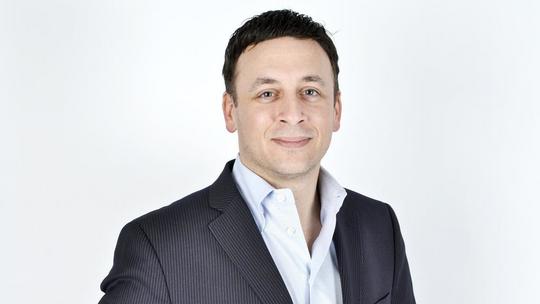
Rockville’s OncoImmune took in $56 million in a Series B round in September, from HM Capital and others. The fresh funding enables the immunotherapy company to advance late-stage clinical trials for its leukemia drug — which, now, it’s also testing in severe Covid-19 cases.

McLean cybersecurity startup Affirm Logic Corp. closed a $25 million equity financing round in August. The firm’s executives said the funding would go toward bringing on more engineering, sales and marketing staff as it continues to garner interest for its algorithm-based malware detection software — growing its 19-person staff to a 25-person team by the end of the quarter. The capital came from an undisclosed private investor. Affirm Logic started in 2016 as a spinoff of Manassas-based R&K Cyber Solutions LLC — known as Lenvio Inc. — with roots in cybersecurity research conducted by Carnegie Mellon. Simply put, that work used algorithms and mathematics to track software behavior as a way to guard against malware and computer viruses.
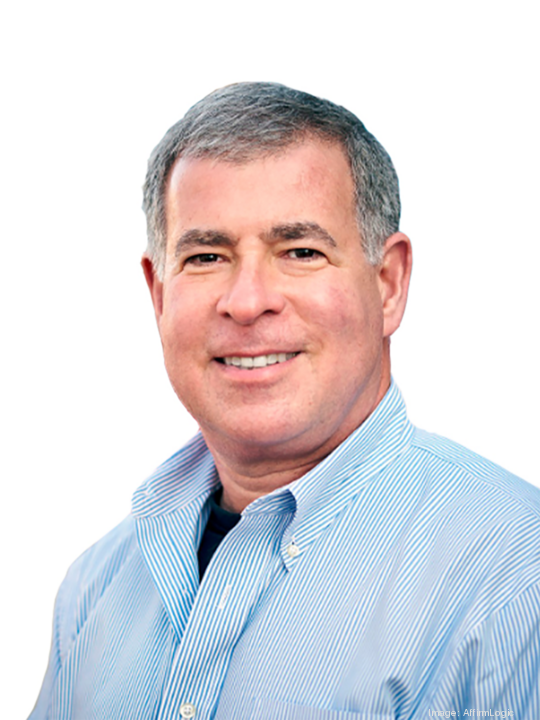
Other notable raises:
- MPower Financing with $9 million
- Snagajob parent Snag Holdings Inc. with $8 million
- Caveonix with $2.25 million
- Veda Data Solutions Inc. with $8.5 million
- Soupergirl with $2 million
- 3CLogic with $9 million
- Sorcero with $3.5 million
- BurnAlong with $4 million
- HyperQube with $2.5 million
